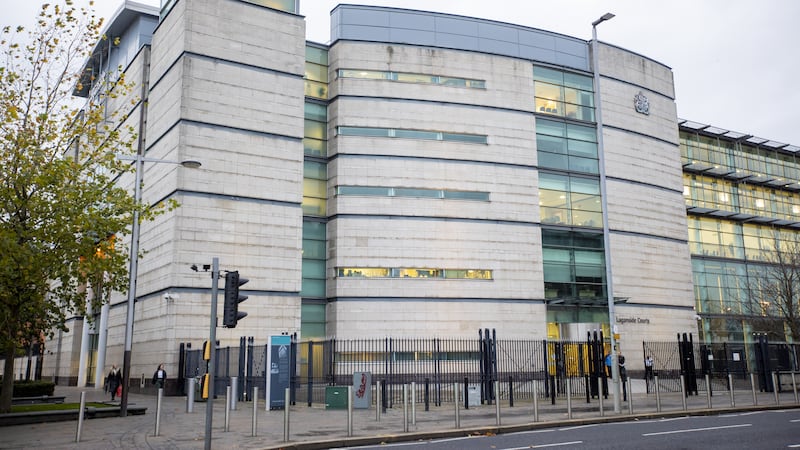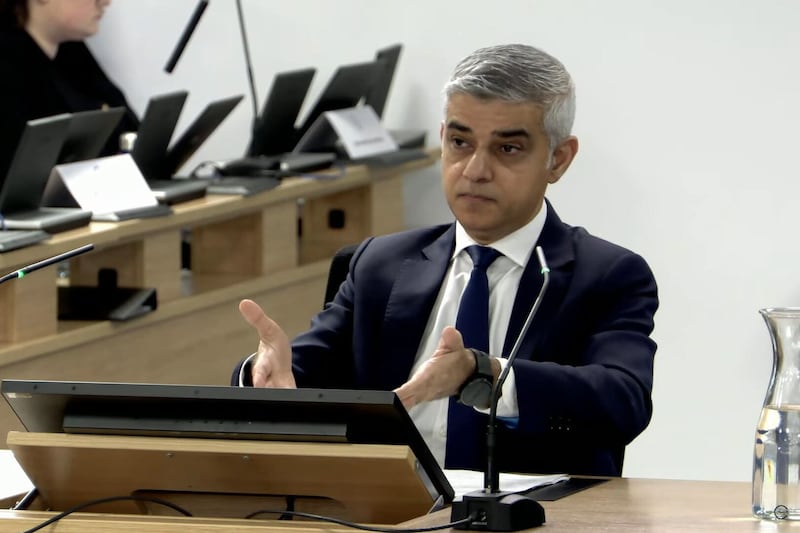The flu and Covid-19 vaccination programme is to be "brought forward" in Northern Ireland amid the identification of a new variant, the Public Health Agency (PHA) has said.
It said the decision was a "precautionary measure" with the vaccine programme set to begin on September 18.
The vaccines are available to over 65s, frontline care workers and some others groups.
It comes after scientists from the UK Health Security Agency (UKHSA) examined the variant BA.2.86, first detected in the UK on August 18.
The PHA said that while it is "not currently classified as a variant of concern, advice from the UKHSA suggests that starting the autumn vaccine programme sooner will deliver greater protection, supporting those at greatest risk of severe illness and reducing the potential impact on our health and social care system".
Dr Joanne McClean from the PHA, said: “There is no change to the wider public health advice at this time, but the steps we can all take to reduce spread still apply to strains of coronavirus which are currently in circulation or emerging.
“The SARS-CoV-2 virus which causes Covid-19 is constantly evolving, with new variants arising frequently.
Read more:
Covid-19 hospital admissions in England at three-month high
Covid-19 infections increase in Republic and UK, but full picture less clear in Northern Ireland
"Some of these can become dominant and could cause further waves of infection.
"There is no evidence at present of any recent changes having resulted in greater transmissibility or more serious infection.
"While there has been an increase in community cases and hospital admissions due to Covid-19 in recent weeks, these remain at relatively low levels."
Dr McClean added that the "risk of catching or passing on Covid-19, flu or other respiratory infections is greatest when someone who is infected comes into close proximity with other people or shares an enclosed or poorly-ventilated space with them".
"Therefore, if you have symptoms of a respiratory infection, we would advise you to avoid coming into unnecessary contact with other people to reduce your risk of infecting them, ‘catch it, bin it, kill it’ by carrying tissues, using them to catch a cough or sneeze, and disposing of them immediately, and wash your hands thoroughly and regularly with soap and water and use hand sanitiser," she said.
“Although widespread Covid-19 testing is no longer available, it is important to be aware of symptoms that could be caused by Covid-19 infection so you can exercise caution and take action to reduce the risk of spreading it to other people, some of whom might be particularly vulnerable.”







